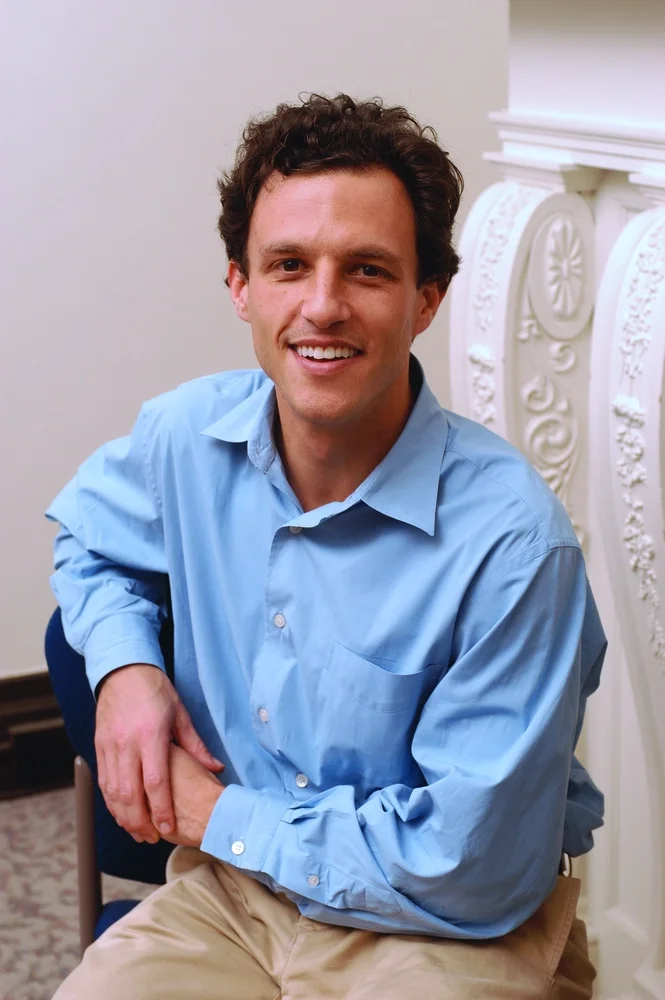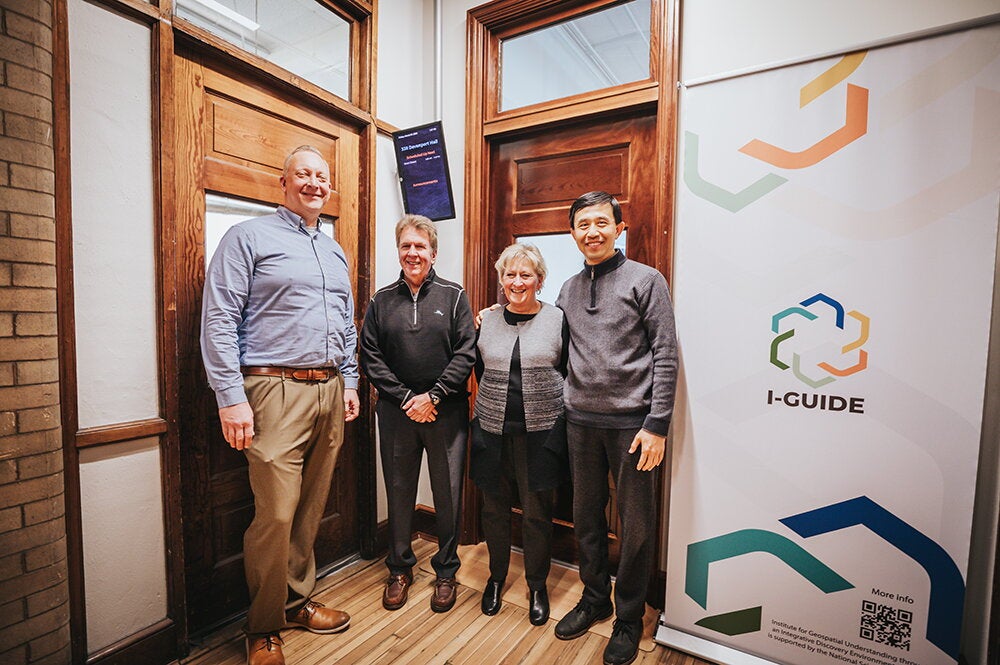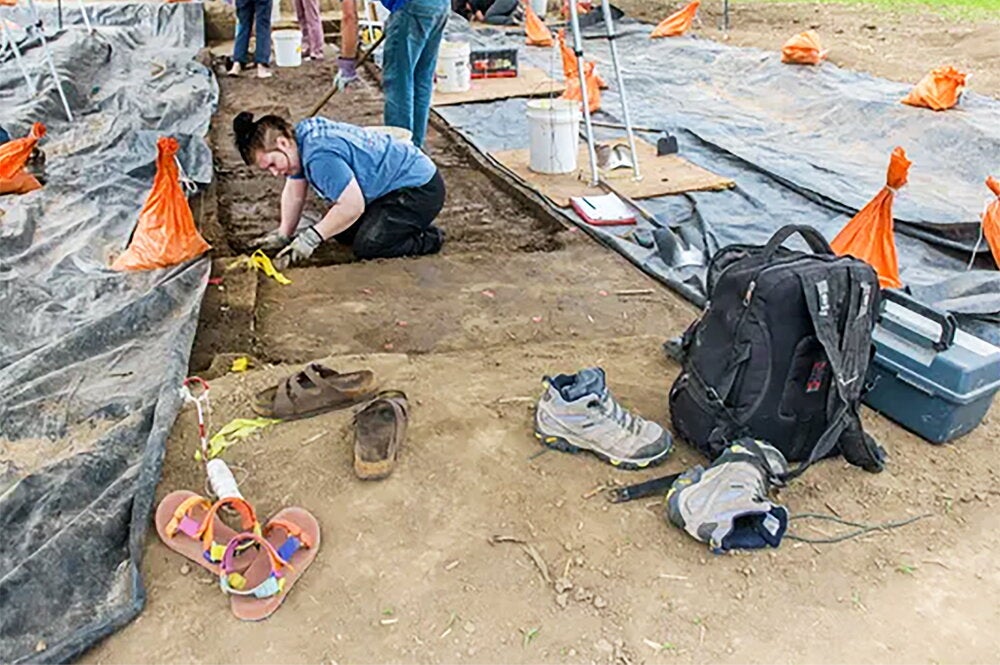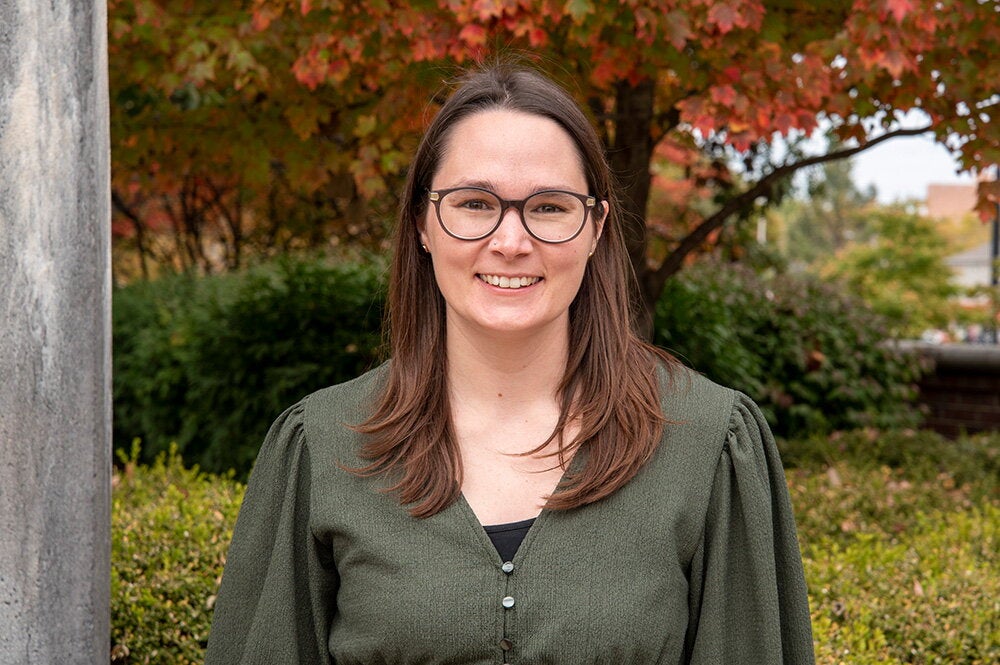
It all started with a hiking trip to Burma.
Scott Eggener (BS, '94, biology) was in medical school in 1999 when he and his wife first traveled to remote villages in the Burmese hills, carrying medical supplies with them. The villages were so isolated, Eggener said, that children asked their parents what these visitors had eaten to make them so white; they had never seen white people before.
The Burma trip sparked a passionate interest by Eggener in medical relief. He continues to take both medical skills and supplies to areas of the world with the greatest need—just one of the many accomplishments that have earned him the 2004 Recent Graduate Award from the College of LAS.
Reaching people with deep needs has been the theme of Eggener's young career, in which he has chosen to battle the most intimidating medical condition of all—cancer.
Eggener, a 1994 graduate from the University of Illinois in biology, is in the last year of his residency at Northwestern Memorial Hospital in Chicago. There, he's been researching new medications that may improve prostrate cancer outcomes while limiting the negative side-effects of hormonal therapy. Hormonal therapy, one of the current treatments for prostrate cancer, can lead to decreased bone and muscle mass, as well as diminished libido.
"Ever since medical school, when I first encountered patients with a new diagnosis of cancer, I've wanted to develop my knowledge and skills to help them overcome their disease," he said. "There is no better feeling as a physician than to be able to share in the excitement of telling patients and their families that we've removed a tumor and are optimistic that the cancer is cured."
In 2005, Eggener will begin training at the prestigious Memorial Sloan-Kettering Cancer Center in New York, where he will specialize in urologic oncology, combating four types of cancers—testicular, prostrate, bladder, and kidney. He envisions himself eventually winding up in a university position, where he can teach, operate, see patients, and do research. He already has collected impressive academic credentials with more than 20 peer-reviewed publications and many others accepted for publication.
"To publish this amount of work while maintaining the rigorous schedule of a surgical resident is a testament to his skill and fortitude," said Norm Smith, assistant professor of urology at Northwestern. "Scott is without question the best resident I have encountered during my career in urology. He is trustworthy, compassionate with patients, attentive to detail and always follows patient issues to completion."
Looking ahead, Eggener plans to keep his international work alive. He recently spearheaded a drive that raised over $20,000 for relief trips, and he currently serves on a committee for International Volunteers in Urology.
In addition to the trip to Burma, Eggener has been to Cuba, Honduras, and Morocco, where primitive surgical conditions were often "eye opening." He found a lack of clean water and clean instruments, while open surgery windows allowed insects to enter. Through these trips, he has demonstrated that competence and compassion can be a potent combination.
"Scott has been one of the finest surgical residents in our training program, and he shows unlimited potential as a surgeon and a researcher," said Chris Gonzalez, assistant professor of urology at Northwestern. But Gonzalez has also been moved by Eggener's international work. As he put it, "The most striking thing about Scott is that all of his efforts have been on his own time and he has not asked for anything in return."


